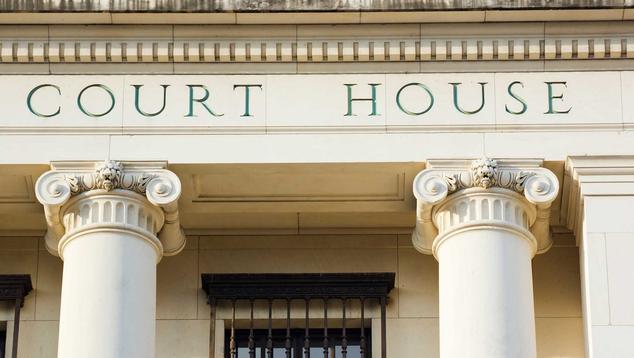Story Highlights
- Public divided on whether courts should be more lenient on juveniles
- Previously, majorities felt juveniles should be treated same as adults
- Major divides in attitudes by party identification, age and education
WASHINGTON, D.C. -- Americans divide evenly on whether the criminal justice system should treat teens who commit violent crimes the same as adults (46%) or give more lenient treatment in juvenile courts (47%). This marks a shift in attitudes from two decades ago, when majorities of 65% in 2000 and 59% in 2003 felt juveniles aged 14 to 17 who commit crimes should be treated the same as adult criminals.
The latest results are from Gallup’s annual Crime survey, conducted Oct. 2-23. The issue of how violent juveniles should be treated is increasingly relevant given the increase in mass shootings, particularly at U.S. schools, with the majority of K-12 school shootings perpetrated by children under age 18.
On Dec. 8, Ethan Crumbley, who was 15 years old in November 2021 when he killed four classmates and injured seven others at Oxford High School in Michigan, will be sentenced after pleading guilty in those deaths. He is being charged as an adult, as have many other school shooters. In September, a Texas youth tried as a juvenile was sentenced to four decades in prison, the maximum allowed, for killing a classmate.
Americans are more likely today than in 2000 to believe juveniles who commit violent crimes should receive more lenient treatment in juvenile court (47% vs. 24%) and less likely now to favor treating them the same as adults (46% vs. 65%).
The views of Democrats, independents and younger adults have changed more than the opinions of Republicans and older adults. However, all key subgroups show some movement away from believing that violent juvenile offenders should be treated the same as adults. In fact, in 2000, the various political party and age subgroups generally held similar views, with between 60% and 68% of each believing juveniles should be treated the same as adults.
As a result of the disproportionate changes in opinion, Democrats and adults under age 50 now come down on different sides of the debate than Republicans and older Americans do. Majorities of Democrats (61%) and adults under age 50 (56%) believe 14- to 17-year-olds who commit violent crimes should get more lenient treatment in a juvenile court, while majorities of Republicans (59%) and adults over age 50 (53%) believe such teens should be treated the same as adults. Political independents are evenly divided on the issue.
College graduates tend to believe juveniles should get more lenient treatment in the justice system, while those without a college degree tend to think juveniles should be treated like adults.
Parents of children under 18 (54%) are more likely than non-parents (45%) to favor teens receiving more lenient treatment in juvenile court.
Implications
A change over the past two decades in Americans’ view of how the criminal justice system should handle juveniles convicted of violent crimes is consistent with contemporaneous shifts in other crime-related attitudes, including lesser support for the death penalty. Gallup has not asked whether juveniles should receive the death penalty since 2002. At that time, just 26% were in favor, and presumably the percentage is lower today given the 17-percentage-point decline in overall support for the death penalty since then.
Criminal justice statistics indicate that fewer young offenders are being tried as adults today than in the past. Many states with separate juvenile justice systems have changed laws so children under age 18 are no longer automatically charged as adults for certain crimes. Those laws may have changed because of a new understanding of adolescent development, a greater realization of the role poor mental health can play in teen criminal activity, and the possibility that young people with a criminal history can be rehabilitated.
To stay up to date with the latest Gallup News insights and updates, follow us on X.
Learn more about how the Gallup Poll Social Series works.
View complete question responses and trends (PDF download).




